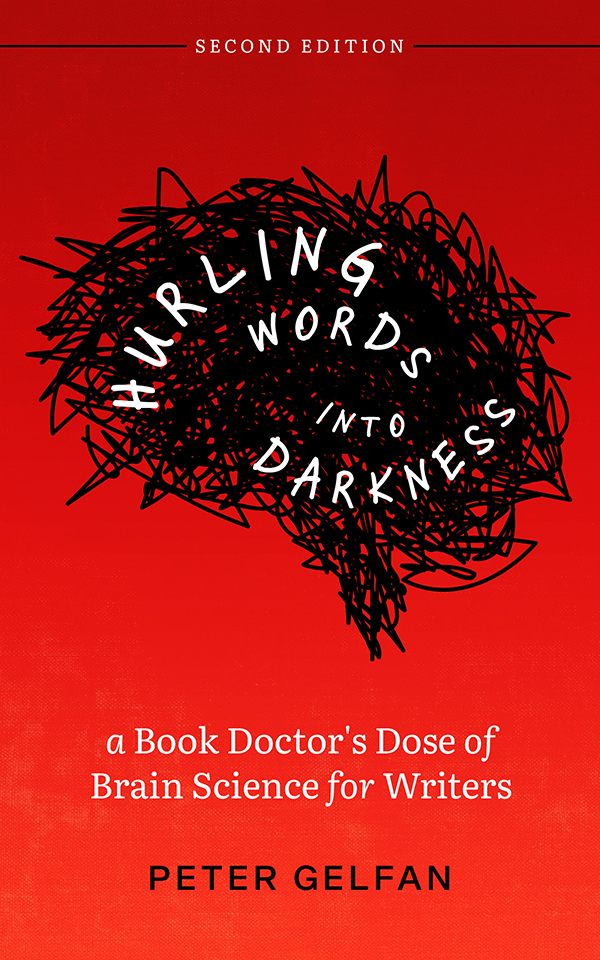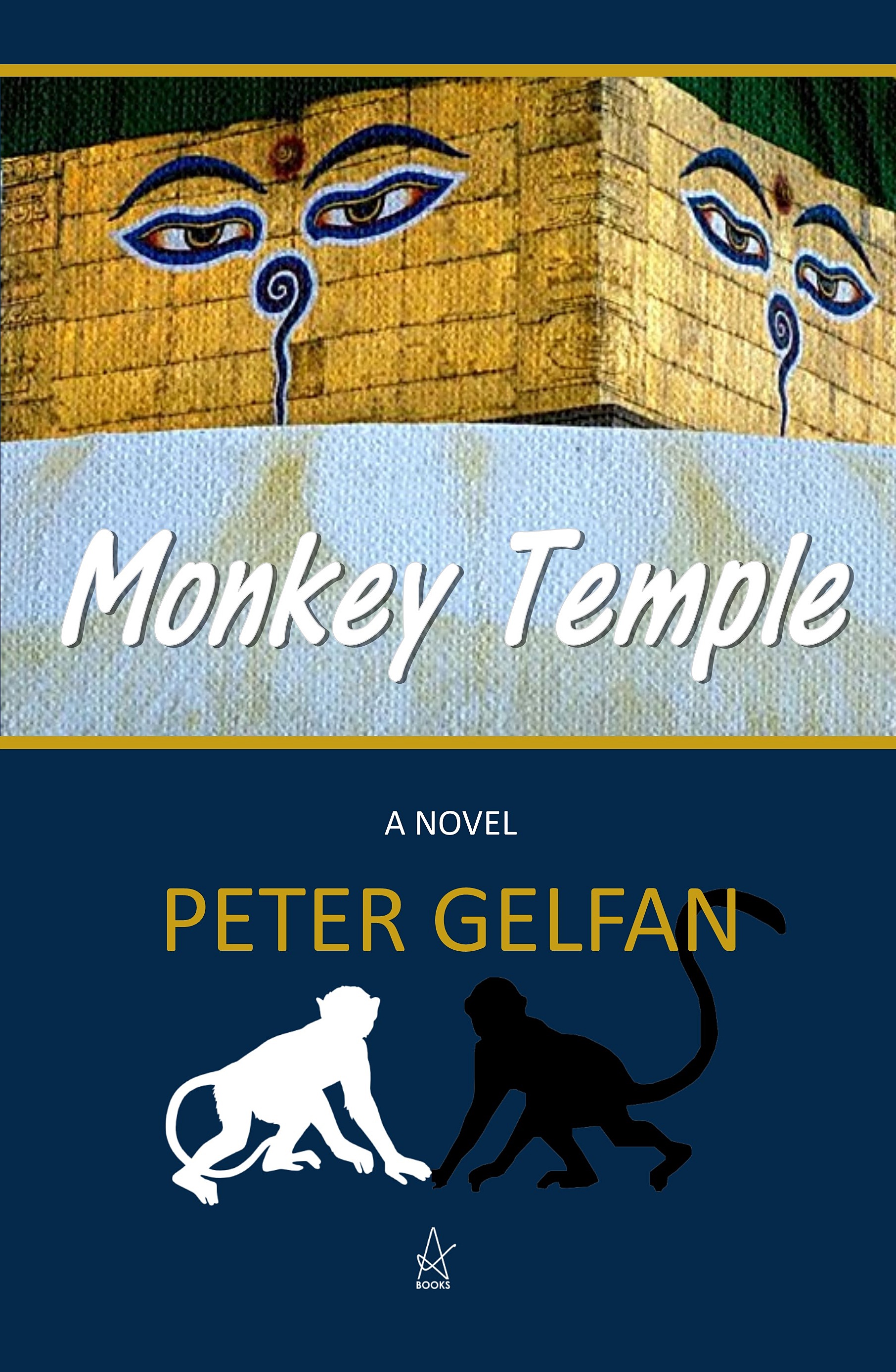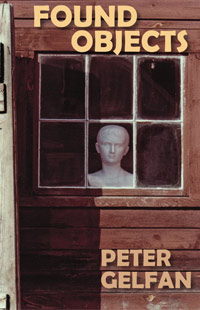Writing Advice from Writers I Admire
(This post is regularly updated.)
Kurt Vonnegut was a favorite author of mine for years in my twenties. Here’s his advice:
I don’t agree with his tip #8. I don’t think he really did either, since most of his novels are filled with suspense and a sense of mystery and wonder.
***
Elmore Leonard, whose writing could be serious and funny at the same time, gave some great advice in a NY Times piece. The main points are sometimes abstracted into a brief list: Elmore Leonard’s ten rules for good writing:
1. Never open a book with weather.
2. Avoid prologues.
3. Never use a verb other than “said” to carry dialogue.
4. Never use an adverb to modify the verb “said”…he admonished gravely.
5. Keep your exclamation points under control. You are allowed no more than two or three per 100,000 words of prose.
6. Never use the words “suddenly” or “all hell broke loose.”
7. Use regional dialect, patois, sparingly.
8. Avoid detailed descriptions of characters.
9. Don’t go into great detail describing places and things.
10. Try to leave out the part that readers tend to skip.
My most important rule is one that sums up the 10: If it sounds like writing, I rewrite it.
***
From Publisher’s Weekly, Five Writing Tips: Paul Harding:
I count six, and all of them very good.
***
Robert McKee is mostly known as a screenwriting teacher, but his home terrain is storytelling of any format. McKee’s roving classes and his book Story are of great use to novelists.
I’m not sure where these two sets of principles were first published, but I cribbed them from promotional emails his organization sent me.
Writing the Truth:
1. To find the truth, get your own heart to pound while you write.
2. Story is metaphor for life; No story is innocent. No story is just entertainment.
3. An honest writer constantly questions the human significance of what he has done.
4. Story lies in the gap between expectation and reality.
5. A writer must use both sides of his brain, right and left, equally.
6. It’s as if one half writes emotive poetry, the other, diagnostic criticism.
7. I encourage you to study both positive and negative examples of writers you admire.
8. Of the five faculties a writer must have—analysis, insight, craft, interpretation and judgment—judgment is bedrock to the other four.
9. Sharpen your working judgment against a whetstone of honest insight.
10. Creative judgment is grounded in result, not intent.
Robert McKee’s 10 Commandments of STORY:
I. Thou shalt respect thine audience.
II. Thou shalt research.
III. Thou shalt dramatize thine exposition.
IV. Thou shalt layer a subtext under every text.
V. Thou shalt create complex characters rather than merely complicated story.
VI. Thou shalt use neither false mystery nor cheap surprise.
VII. Thou shalt not use deus ex machina to get thine ending.
VIII. Thou shalt not make life easy for thine protagonist.
IX. Thou shalt take thine story into the depth and breadth of human experience.
X. Thou shalt not sleep with anyone who has more problems than thou.
***
John Rechy’s contrarian pieces on writing are terrific because they make you stop and realize that the time-honored “rules,” like show, don’t tell and write what you know, aren’t rules at all but simply training wheels for beginners and guide stars for veterans who have lost their bearings. It’s not a matter of gleefully shouting, “Down with the rules!” but of understanding the so-called rules and why they usually make compelling sense. Then, when you encounter a situation where a rule should be broken, you can work out the best way to do so while avoiding the pitfalls.
http://www.johnrechy.com/onWriting_toc.htm
***
Here’s some down-to-earth nitty-gritty from Matt Haig.
http://www.matthaig.com/some-fucking-writing-tips/
And if you’re now having second thoughts about writing:
http://www.matthaig.com/10-reasons-not-to-be-a-writer/
***
Storytelling reveals meaning without committing the error of defining it. ~ Hannah Arendt
Don’t tell me the moon is shining; show me the glint of light on broken glass. ~ Anton Chekhov
The difference between fiction and reality? Fiction has to make sense. ~ Tom Clancy
A man is a poet if difficulties inherent in his art provide him with ideas; he is not a poet if they deprive him of ideas. ~ Paul Valéry
(PG: I think this applies to novelists as well, and probably all the arts, and maybe to anything in life.)
Stories are the creative conversion of life itself into a more powerful, clearer, more meaningful experience. They are the currency of human contact. ~ Robert McKee
When you start to write you get all the kick and the reader gets none. So you might as well use a typewriter because it is that much easier and you enjoy it that much more. After you learn to write your whole object is to convey everything, every sensation, sight, feeling, place and emotion to the reader. To do this you have to work over what you write. If you write with a pencil you get three different sights at it to see if the reader is getting what you want him to. First when you read it over; then when it is typed you get another chance to improve it, and again in the proof. Writing it first in pencil gives you one-third more chance to improve it. That is .333 which is a damned good average for a hitter. It also keeps it fluid longer so you can better it easier. ~ Ernest Hemingway
If a writer of prose knows enough about what he is writing about, he may omit things that he knows and the reader, if the writer is writing truly enough, will have a feeling of those things as strongly as though the writer had stated them. The dignity of movement of an iceberg is due to only one-eighth of it being above water. A writer who omits things because he does not know them only makes hollow places in his writing. ~ Ernest Hemingway, Death in the Afternoon
***
An artist is a man who digests his own subjective impressions and knows how to find a general objective meaning in them, and how to express them in a convincing form. ~Maxim Gorky
***
Authenticity in fiction is like sincerity in acting—you’ve got to know how to fake it. ~ Henry Louis Gates Jr., “Time Bandits,” New Yorker, 26 Jan. 1998, at 83.
***
The best writers have many ideas and hence hold them cheap, while the poor writers have few ideas and hence cherish them. ~ Walter B. Pitkin, The Art of Useful Writing (1940).
***
Works of art are not so much finished as abandoned. Perhaps poems can be perfect. A short-short story might even be perfectible, as effective and enjoyable for one reader as the next. But novels and other book-length narratives are great rambling things that always contain some flaws. For works of any length, there comes a point when your continued tinkering won’t improve the whole, but will just trade one set of problems for another. ~ Bruce Holland Rogers, Word Work.
***
To say, ‘Leave the room,’ is less expressive than to point to the door. Placing a finger on the lips is more forcible than whispering, ‘Do not speak.’ A beck of the hand is better than, ‘Come here.’ No phrase can convey the idea of surprise so vividly as opening the eyes and raising the eyebrows. A shrug of the shoulders would lose much by translation into words. ~ Herbert Spencer
***
Nothing reveals fuzzy thinking as effectively as making yourself write out the thesis for the paper in a single sentence. ~ Elizabeth McMahan, A Crash Course in Composition
This also works well in fiction for sharpening plot. — pg
***
Much bad writing today . . . is learned, an act of stylistic piety which imitates a single style, the bureaucratic style I have called The Official Style. This bureaucratic style dominates written discourse in our time, and beginning or harried or fearful writers adopt it as protective coloration. ~ Richard A. Lanham, Revising Prose
***
When established idiom clashes with grammar, correctness is on the side of the idiom. Put another way, if sticking grimly to rules of grammar makes you sound like a pompous pedant, you are a pompous pedant. ~ William Safire
***
Beginning writers want to start with large abstractions, in the mistaken belief that the bigger the topic is, the more there is to say about it. It doesn’t work out that way. Usually the first sentence of the essay tells whether the writer knows this or not. Essays on friendship that begin “Friendship is one of the most important things in life” are doomed, because the writer doesn’t know it. Essays that begin “Mary was my best friend in high school” will thrive, because the writer does know it. ~ Jack Rawlins, “Five Principles for Getting Good Ideas”
***
If many of our great modern authors had waited for inspiration, they never would have attained success. This foolish notion of “waiting until the spirit moves you” is a perennial alibi for the lazy author. ~ Maren Elwood, 111 Don’ts for Writers
***
Use your own voice, your own conversational idiom, not the puffed-up language of academe. If you start reaching for fancy language, you’ll defeat your whole purpose. ~ John R. Trimble, Writing with Style
***
Simple prose is clear prose. And simple prose, if smooth and rhythmical, is readable prose. Let your ideas alone do the impressing. If they look banal to you, there’s only one remedy: upgrade them. Don’t try to camouflage their weakness with razzle-dazzle rhetoric. You’ll razzle-dazzle yourself right into a bog of bull. ~ John R. Trimble, Writing with Style
***
It is not always enough that a thought be expressed clearly and correctly. For even then it may be dull and tedious, lacking in vigor and interest. It must also be so written as to rouse and hold people’s attention, stimulate them to think and realize what is said; it must also be adapted to slow and heavy minds as well as to minds bright and attentive. This fact makes it generally necessary to impart to our writing more distinction than its merely intelligible expression would demand. ~ John F. Genung, Outlines of Rhetoric
***
Don’t ever forget that you are attempting to take away some of your reader’s most precious commodity: his time. If you want to get it, along with his attention, you have to give him a reason for giving it to you. And that reason can only be either his implicit confidence that anything you write is important — and few writers are in a position to command this kind of respect — or his speedy recognition that what you are writing about is relevant; that it represents a solution to some problem that concerns him ~ Ernst Jacobi, Writing at Work: Dos, Don’ts, and How Tos
***
Just what is considered acceptable style today in serious writing? Look at the evidence—magazines such as Harper’s, Forbes, The Atlantic Monthly, and Newsweek; newspapers like The New York Times, The Wall Street Journal, and The Los Angeles Times; the latest of Pulitzer Prize-winning nonfiction. You’ll find that we’re witnessing a revolution in the notion of what constitutes a good style for serious writing—a movement toward greater naturalness, vigor, informality, and individuality. ~ John R. Trimble, Writing with Style
***
Be complete, but be concise. Get rid of everything you don’t need: words, phrases, sentences, paragraphs, even entire pages. Ask yourself what can be tossed without losing essential facts or robbing the piece of movement and grace. Put the copy away for a while, and then read it again. You’d be amazed how your attitude changes. ~ Walter Lubars & Albert J. Sullivan, Guidelines for Effective Writing
***












